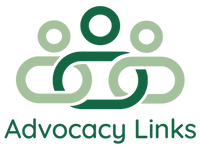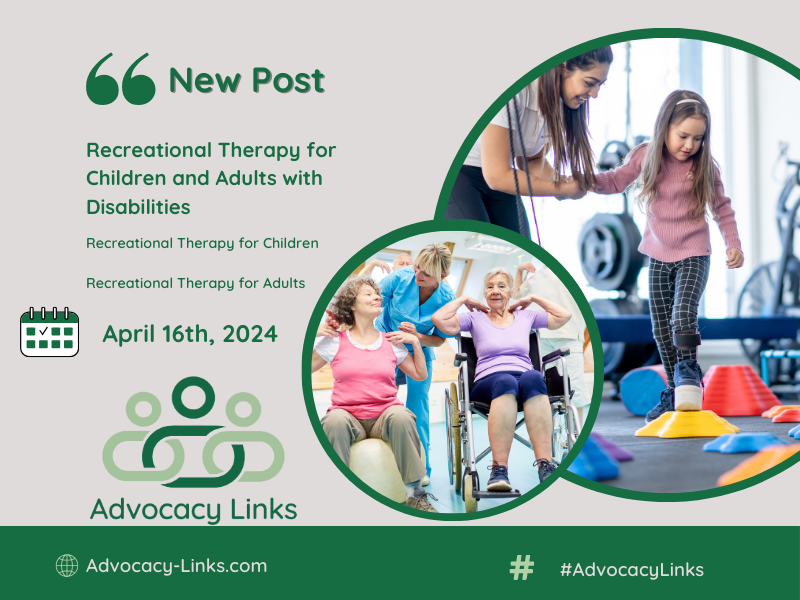Recreational Therapy for Children
It’s really important for parents that have children with disabilities to find good ways to help them in all areas of their lives. Recreational therapy is a great way to do this because it gives lots of benefits to kids who are dealing with different challenges. It doesn’t matter if they have trouble with their bodies, learning, or their feelings, recreational therapy can be designed just for them to make them feel better. By doing fun activities that have a purpose, kids not only have a good time but also learn important skills, become more independent, and make good friendships with others.
One big plus of recreational therapy is that it helps kids with disabilities get stronger and move better. Sports can be made easier for them along with outdoor adventures, and special exercises, kids can get better at moving, become stronger, and be more fit. These activities not only help their bodies but also make them feel good about what they can do in a place where they are supported.
Also, recreational therapy helps kids make friends and learn how to talk to others, which is important when they are growing up. By doing things like art, music, or team sports with other kids, they get to know others, learn how to talk, and see why working together is important. Making these social connections helps them feel like they belong and are accepted.
Recreational Therapy for Adults
Recreational therapy isn’t just for kids—it can also help adults with disabilities and older people have better lives. For adults with disabilities, recreational therapy gives them chances to keep growing, be more independent, and be part of social groups. Whether through sports that suit them, job training, or going out with others, recreational therapy helps adults with disabilities lead good lives and be active in their communities. Also, for older people, recreational therapy is important for keeping their bodies and minds healthy and staying connected to others. Doing things like gentle exercises, sharing memories, and going out with a group not only makes life better but also fights feelings of being lonely or left out that some elderly people face. By using recreational therapy from childhood to older age, people of any age and ability can feel the positive effects of play and fun in staying healthy, happy, and well.

